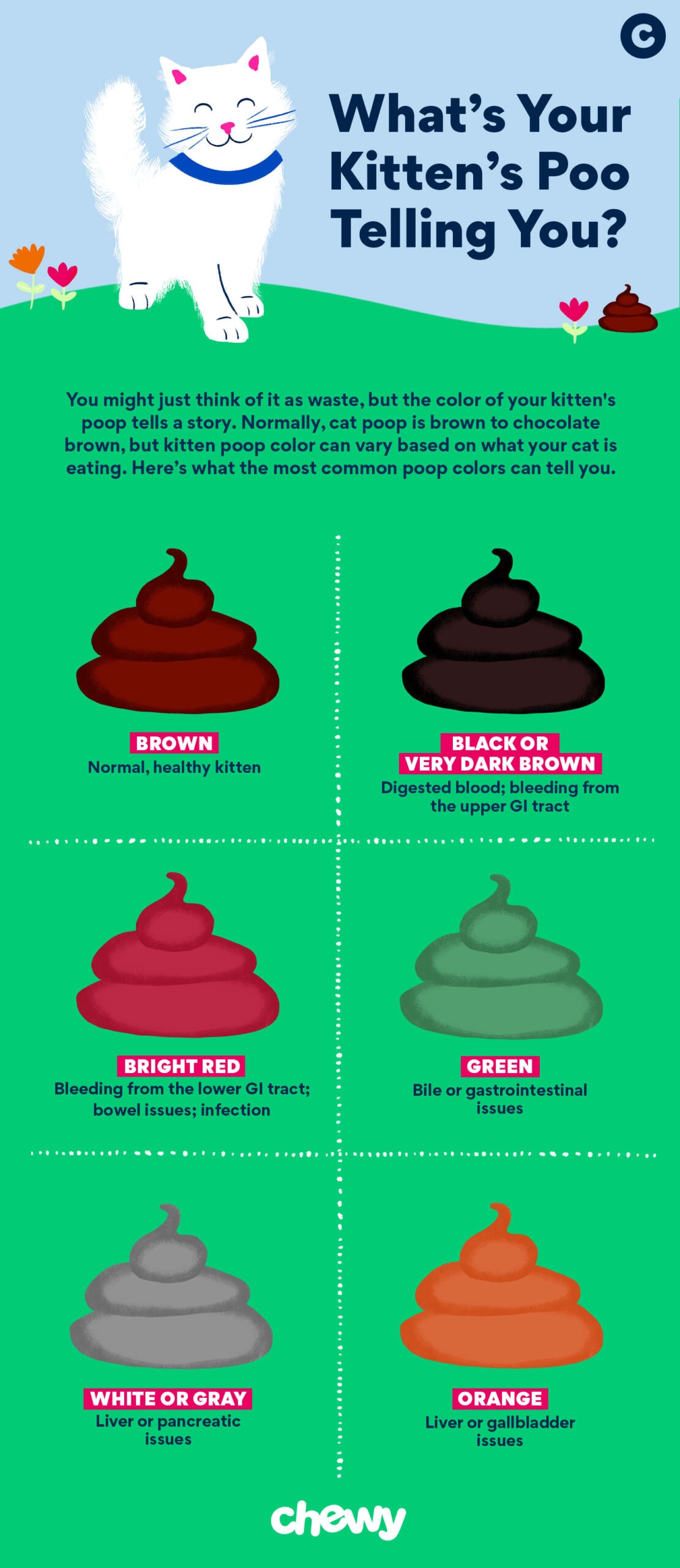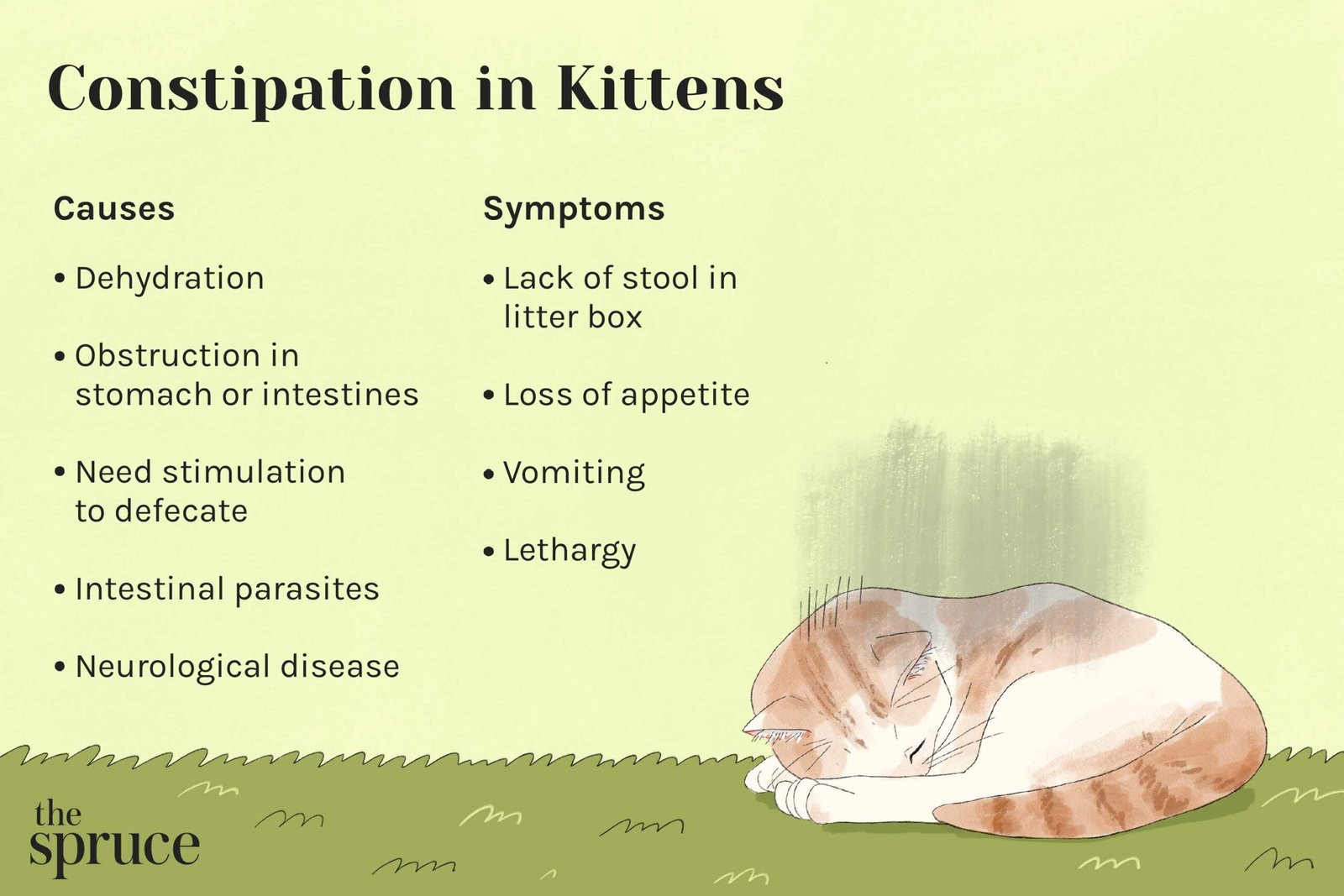
How to Help a Constipated Kitten: A Complete Guide to Health and Development
Estimated reading time: 8 minutes
Key Takeaways
-
- Recognize the symptoms of constipation in kittens early to prevent discomfort.
- Understand the common causes, including dehydration, diet changes, and intestinal blockages.
- Learn immediate home remedies like increasing hydration and adding fiber to their diet.
- Know when to seek veterinary care for severe symptoms.
- Discover breed-specific care tips for Ragdoll and Bengal kittens.
Table of contents
Welcoming a new kitten into your home is an exciting and rewarding experience. However, it also comes with responsibilities—especially when it comes to their health. One common issue many kitten owners face is constipation, which can be uncomfortable for your furry friend if not addressed quickly.
In this guide, we’ll cover everything you need to know about how to help a constipated kitten, including symptoms, causes, and effective remedies. We’ll also explore breed-specific care for ragdoll kittens and Bengal cat kittens, as well as answer the question, why are my kitten’s teeth falling out?
By the end of this article, you’ll have a clear action plan to keep your kitten healthy, happy, and thriving.
Understanding Kitten Constipation: Symptoms and Causes
Constipation in kittens is more common than you might think. Recognizing the signs early can prevent discomfort and more serious health issues.
Symptoms of Constipation in Kittens
-
- Straining in the litter box with little or no stool produced
- Hard, dry, or small feces
- Bloated or distended belly
- Lethargy or loss of appetite
- Vocalizing or restlessness (signs of discomfort)
If your kitten shows these symptoms, they may be struggling with constipation.
Common Causes of Kitten Constipation
Several factors can lead to constipation in kittens:
-
- Dehydration – Kittens on dry food diets or those weaning off milk may not drink enough water. (Learn more about hydration tips for pets.)
- Diet Changes – Switching from milk to solid food too quickly can cause digestive issues.
- Low Fiber Intake – A diet lacking fiber can slow digestion.
- Intestinal Blockages – Kittens may swallow hairballs, strings, or small toys, leading to blockages. (For emergency care, see our pet first aid guide.)
- Parasites – Heavy worm infestations can obstruct the intestines.
- Lack of Stimulation (for Neonates) – Very young kittens (under 4 weeks) need help defecating via gentle stimulation.
If your kitten hasn’t passed stool in 48 hours, it’s time to consult a vet.
How to Help a Constipated Kitten: Remedies and Prevention
Now that you know the signs and causes, let’s discuss how to help a constipated kitten with safe, vet-approved solutions.
Immediate Home Remedies
-
- Increase Hydration
- Offer wet food instead of dry kibble.
- Add a little water to meals to encourage fluid intake.
- Ensure fresh water is always available.
- Increase Hydration
-
- Add Fiber to Their Diet
- A small amount of plain pumpkin puree (not pie filling) can help. (Explore safe human foods for pets for more ideas.)
- Consult your vet before introducing new foods.
- Add Fiber to Their Diet
-
- Gentle Stimulation (for Neonates)
- Use a warm, damp cotton ball to gently rub the kitten’s anus after feeding.
- Gentle Stimulation (for Neonates)
-
- Encourage Movement
- Playtime helps stimulate digestion. (Discover pet fitness tips to keep them active.)
- Try a soft abdominal massage (be very gentle).
- Monitor the Litter Box
- Keep it clean to encourage regular bathroom habits.
- Encourage Movement
When to See a Vet
If your kitten shows any of these signs, seek veterinary care immediately:
-
- No stool for 48+ hours
- Vomiting or severe bloating
- Blood in stool
- Extreme lethargy
Early intervention prevents complications.
Breed-Specific Care: Ragdoll and Bengal Kittens
Different breeds have unique needs. Here’s how to care for ragdoll kittens and Bengal cat kittens to prevent constipation and other health issues.
Bengal Cat Kittens: Active and Sensitive
Bengals are high-energy and prone to sensitive digestion.
-
- Feed high-quality, easily digestible food. (Check our pet nutrition guide for recommendations.)
- Encourage play to keep them active and prevent constipation.
- Monitor for food intolerances—some Bengals react poorly to certain proteins.
Ragdoll Kittens: Gentle and Prone to Hairballs
Ragdolls are laid-back but hairball-prone.
-
- Regular grooming reduces hair ingestion. (Learn grooming tips for long-haired cats.)
- Use hairball-control diets to prevent blockages.
- Encourage light play to keep digestion moving.
Both breeds benefit from hydration and fiber-rich diets to prevent constipation.
Frequently Asked Questions
How can I tell if my kitten is constipated?
Look for signs like straining in the litter box, hard or dry stools, bloating, and lethargy. If symptoms persist for more than 48 hours, consult a vet.
What home remedies can I try for a constipated kitten?
Increase hydration with wet food, add fiber like pumpkin puree, and encourage gentle movement. For neonates, use warm damp cotton stimulation.
When should I take my kitten to the vet for constipation?
Seek immediate veterinary care if your kitten hasn’t passed stool in 48+ hours, shows vomiting, severe bloating, blood in stool, or extreme lethargy.
Are certain breeds more prone to constipation?
Yes, breeds like Ragdolls (due to hairballs) and Bengals (due to sensitive digestion) may need extra care to prevent constipation.
Can diet changes cause constipation in kittens?
Yes, sudden diet changes, especially transitioning from milk to solid food, can disrupt digestion. Introduce new foods gradually.
